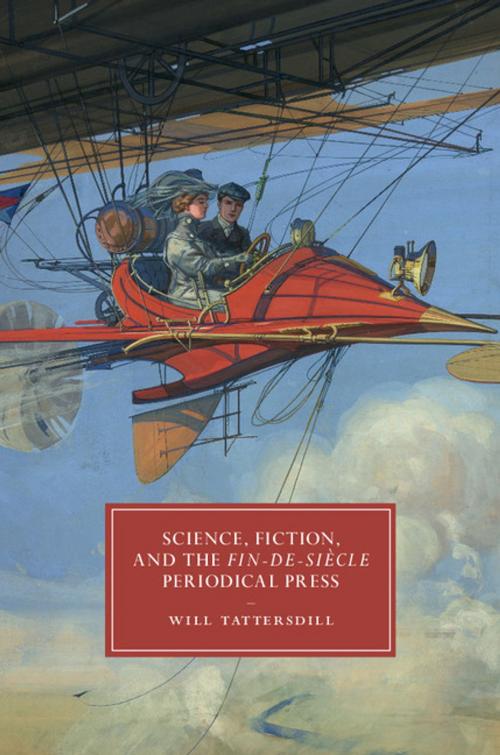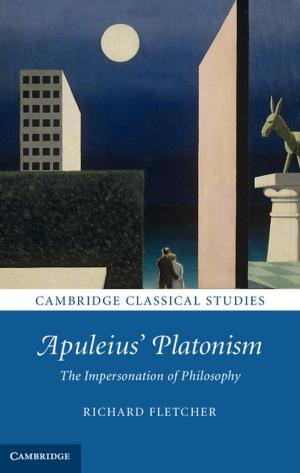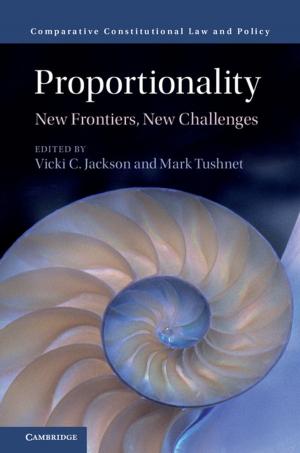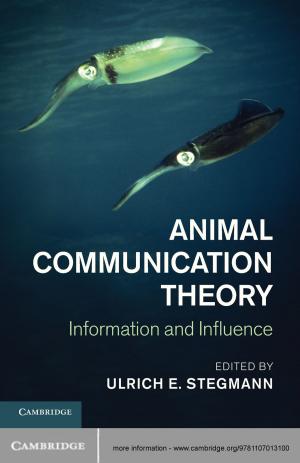Science, Fiction, and the Fin-de-Siècle Periodical Press
Fiction & Literature, Literary Theory & Criticism, British, Anthologies| Author: | Will Tattersdill | ISBN: | 9781316537855 |
| Publisher: | Cambridge University Press | Publication: | March 29, 2016 |
| Imprint: | Cambridge University Press | Language: | English |
| Author: | Will Tattersdill |
| ISBN: | 9781316537855 |
| Publisher: | Cambridge University Press |
| Publication: | March 29, 2016 |
| Imprint: | Cambridge University Press |
| Language: | English |
In this revisionary study, Will Tattersdill argues against the reductive 'two cultures' model of intellectual discourse by exploring the cultural interactions between literature and science embodied in late nineteenth-century periodical literature, tracing the emergence of the new genre that would become known as 'science fiction'. He examines a range of fictional and non-fictional fin-de-siècle writing around distinct scientific themes: Martian communication, future prediction, X-rays, and polar exploration. Every chapter explores a major work of H. G. Wells, but also presents a wealth of exciting new material drawn from a variety of late Victorian periodicals. Arguing that the publications in which they appeared, as well as the stories themselves, played a crucial part in the development of science fiction, Tattersdill uses the form of the general interest magazine as a way of understanding the relationship between the arts and the sciences, and the creation of a new literary genre.
In this revisionary study, Will Tattersdill argues against the reductive 'two cultures' model of intellectual discourse by exploring the cultural interactions between literature and science embodied in late nineteenth-century periodical literature, tracing the emergence of the new genre that would become known as 'science fiction'. He examines a range of fictional and non-fictional fin-de-siècle writing around distinct scientific themes: Martian communication, future prediction, X-rays, and polar exploration. Every chapter explores a major work of H. G. Wells, but also presents a wealth of exciting new material drawn from a variety of late Victorian periodicals. Arguing that the publications in which they appeared, as well as the stories themselves, played a crucial part in the development of science fiction, Tattersdill uses the form of the general interest magazine as a way of understanding the relationship between the arts and the sciences, and the creation of a new literary genre.















